Tag Archives: Spiritual Warfare
Spiritual Warfare: Fighting Satanic Principalities and Gods of This Age (pt 1)
How do you combat the Satanic gods that are the driving force behind all the evil in the world? This includes the satanic spirits behind government, education, the media, the arts and entertainment, big pharma, false religious systems, social engineering movements, radical environmentalism as well as the corporate and economic interests that run this world? You need to know what the Bible says so you can be a profitable servant and spiritual warrior for the kingdom of heaven to insure that your name is written in the Lamb’s Book of Life. Please watch and learn.
What can YOU do to stop the tidal wave of evil coming at you?
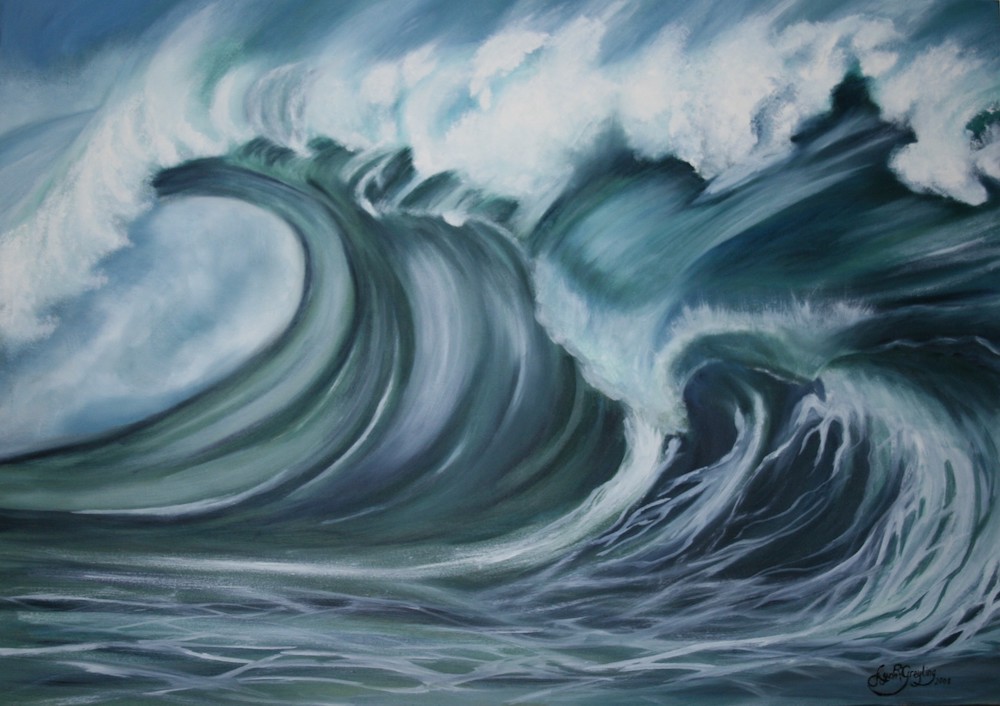
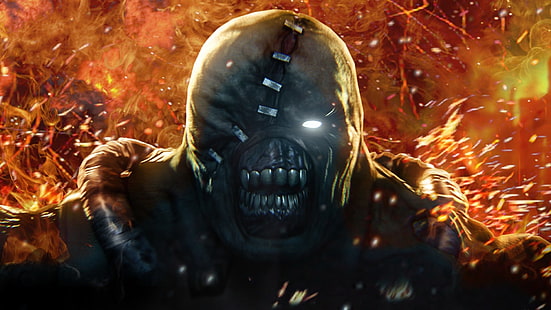
Okay, let’s be realistic. If end times Bible prophecy is true, and it is, and we are living in the end times, then it is going to get extremely dark before King Yeshua sets foot on this earth once again. The forces of evil are in an epic battle to prevent the inevitable and unstopable advance and ultimate establishment of King Yeshua’s millennial kingdom on earth. However, before this occurs, Scripture tells us that the forces of antichrist will take over the world, and a shroud of satanic darkness will descend on this planet. Despite it all, this is not the time for the saints of the Most High Elohim to shrink back in fear! Yeshua not only instructed his disciples to watch and pray, but to occupy until he comes! How can we do this? Here is a list of helpful suggestions.
- Be the most holy and righteous person you can be. The example of your life may be the only Bible that some people will ever read.
- In all areas of your life, be salt and light. Let your light shine. Be friendly and happy. Spread love, peace, joy, hope and good will everywhere you go.
- Be a river of life to those around you. In every way possible, point them to Yeshua and his Torah-Truth.
- Meet people at their point of need, and then share the gospel.
- Pray for the sick and everyone else who is in need. Everyone has a need that Yeshua can fulfill.
- Feed the hungry physically and spiritually.
- Cloth the naked physically and spiritually.
- Share the Word of Elohim with people—the hope of the gospel message.
- Have lots of children and teach them YHVH’s ways.
- Be the educators of your children as the Torah in the Shema passage commands. Don’t leave their education in the hands of the secular, humanistic, antichrist State schools. Homeschool your children.
- Teach your children the Bible. For example, you can use Hoshana Rabbah’s free online Torah Explorers year-long study program as a homeschool curriculum.
- Start a Bible study, prayer group or home fellowship.
- Use social media to influence as many people as possible for the kingdom. Always keep Yeshua and the hope of the gospel message at the center of your outreach efforts. Don’t use social media to pass on fear-porn, weirdness, actual conspiracy theories or silly nonsense. When sharing news items, deal only with reputable sources and provable facts and then point people to the Bible and to Yeshua through it. This can include being a social influencer through having a YouTube channel, a blog, a website, and Facebook page or the like.
- If you have a social platform, position of authority or sphere of influence, use them to share the gospel. Platforms can include…
- Being a family leader (parent or grandparent)
- Being a business owner or leader.
- Being in ministry leadership position (pastor, Bible teacher).
- Being in a position of social or civil leadership.
- Being in a professional position of influence (doctor, teacher, professor, counselor, scientist, lawyer, politician).
- Being a social media influencer (start a blog, a podcast, an online video channel, create memes, a social media page).
- Be a prayer warrior or intercessor.
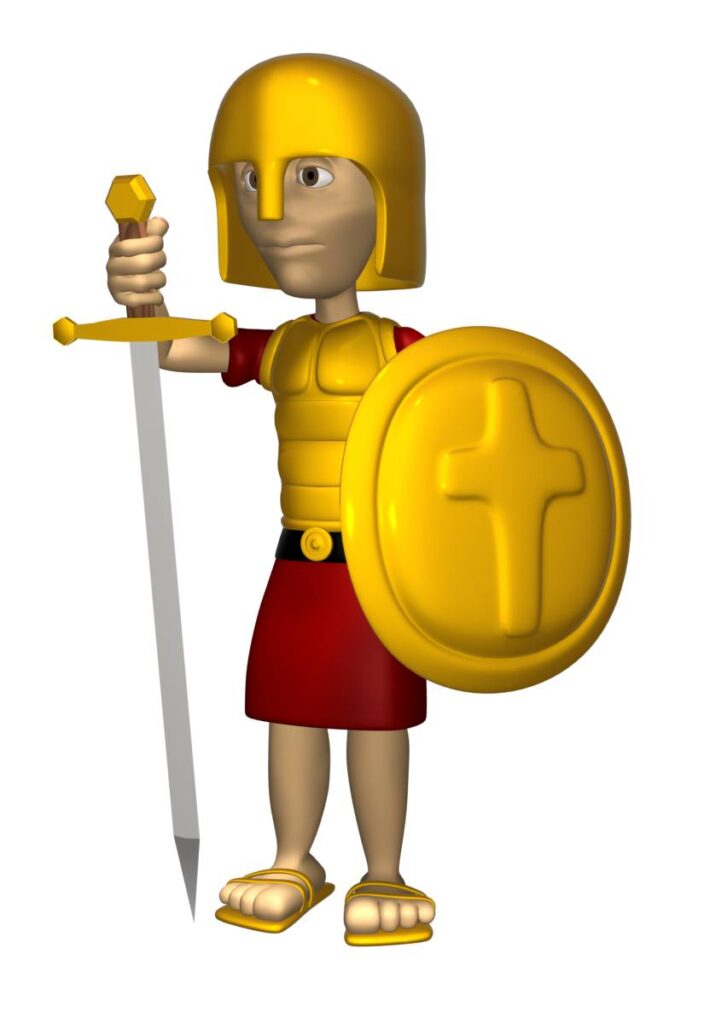
- If YHVH has blessed you with financial resources, use it to help spread the gospel or to support those who are doing so.
- Stand up for truth and righteousness wherever and however you can. Be outspoken. Talk to others. Let your voice be heard.
- Ask YHVH for ministry assignments such as putting people in your path to whom you can minister, for opportunities to come your way to help advance his kingdom.
These are all ways to occupy until King Yeshua returns. This is how YOU can be salt and light, a menorah on a hill, to those around you, and to help make the world a better thus fulfilling the great commission of Yeshua to “preach” the good news of the kingdom of heaven everywhere to everyone.
What suggestions can you add to the list above? Please share them in the comments section of this article.
Deuteronomy 23 and 25—Natan’s Commentary Notes

More from Deuteronomy 23
Deuteronomy 23:9, Keep yourself from every wicked thing. An aspect of physical warfare or, more importantly as it pertains to the saint, in spiritual warfare that many Bible teachers who teach on the subject fail to cover is the spiritual state of the warrior. The focus is usually on the enemy or the battle tactics employed, but, again, not on the condition of soldier who is going up against the enemy of the people of Elohim. This section of the Torah covers this oft-overlooked subject (vv. 9–14).

The word wicked as found in this verse is the generic Hebrew word ra or ra’ah meaning in its most basic sense “evil, bad or distress.” So what does the Torah state in this passage that makes a person evil or bad and unclean and is thus offensive to Elohim? Simply this: bodily emissions that happen to naturally emanate from the human body whether it be human waste or seminal emissions. Such occurrences take a man from a state of ritually purity or being clean (Heb. tahor) to being unclean (Heb. tamay). The solution to the problem is, in the case of nocturnal emissions, cleansing by water, and in the case of the eliminations of bodily waste, burying the waste. What this teaches us it that if one goes into battle in an unclean state, this is offensive to Elohim, and the soldier may not have the favor of Elohim while he is engaging the enemy in battle. This is not a good thing for the warrior!
When it comes specifically to spiritual warfare (as outlined in 1 Cor 10:4–6 and Eph 6:10–18), the drash or homiletical level understanding of this passage teaches us that when engaging the enemy in spiritual battle, the saint must be as clean as possible spiritually. That means that all unconfessed sins need to be repented of and that all illicit behavior must be eliminated from one’s life if one expects the benefits of YHVH’s miraculous aid. One be continually washed clean of sin by the blood of Yeshua the Messiah and by the water of the Word and the Spirit of Elohim.
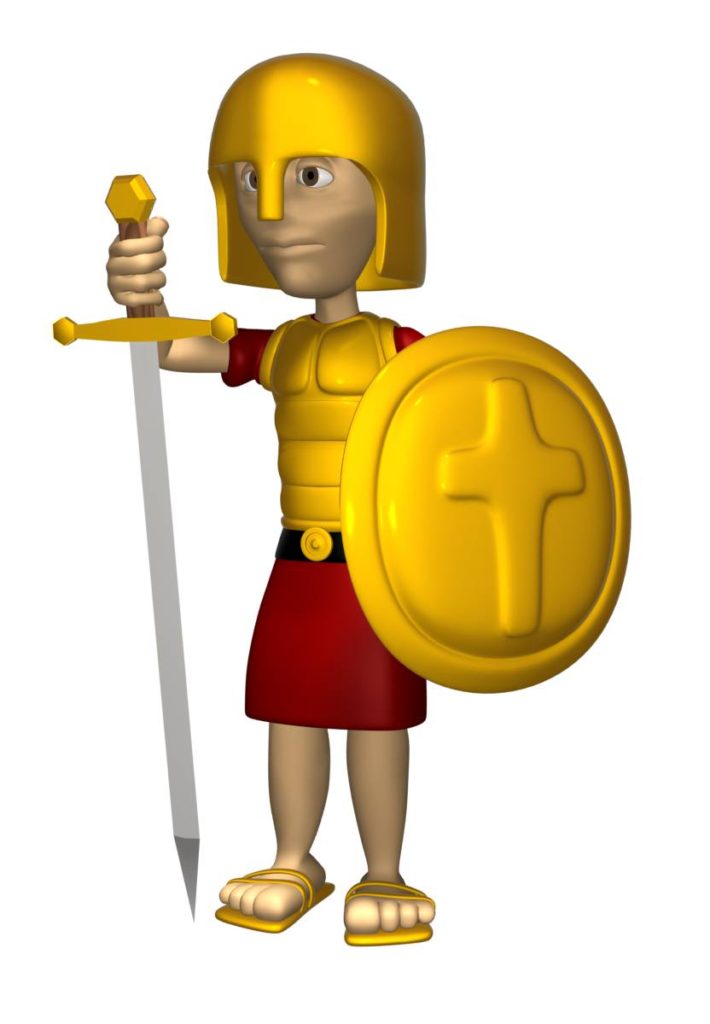
Because these principles of ritual and spiritual purity are usually not taught to the saints, it is no wonder that many times our prayers are not answered and that the enemy trounces Christians on the streets, in the courts, in the political arena and many other battlefields in various venues in our society.
All this is to say that the saint must clean up his own act and house first before confronting the enemies of Elohim to do the same. Both Yeshua and Paul address the hypocrisy of those who point the fingers at others while guilty of the same or similar sins.
Judge not, that you be not judged. For with what judgment you judge, you will be judged; and with the measure you use, it will be measured back to you. And why do you look at the speck in your brother’s eye, but do not consider the plank in your own eye? Or how can you say to your brother, ‘Let me remove the speck from your eye’; and look, a plank is in your own eye? Hypocrite! First remove the plank from your own eye, and then you will see clearly to remove the speck from your brother’s eye. (Matt 7:1–5)
Therefore you are inexcusable, O man, whoever you are who judge, for in whatever you judge another you condemn yourself; for you who judge practice the same things. But we know that the judgment of Elohim is according to truth against those who practice such things. (Rom 2:1–2)
Deuteronomy 25
Deuteronomy 25:4, You shall not muzzle. According to Hirsch, this law applies not only to animals, but to workmen as well. It stands to reason logically, if YHVH cares about feeding animals while working, how much more should employers be concerned for their workmen? Rashi disagrees and says it refers only to animals (and not to workmen) and specifically to those animals that are involved in the production of food as would be the case with an ox that was used in treading out grain (to separate the kernel from the chaff). Paul disagrees with Rashi and views this Torah command as a more broadly applicable proverb implying that an employer should not deprive his employees of their wages. He specifically applies this principle to individuals who minster the gospel (1 Cor 9:9; 1 Tim 5:19). Those who work in YHVH spiritual field (the church), Paul reasons, should be supported by those they serve.
Continue readingUncertainties in America (and the World)—What are we to do?

This morning I arose at my usual 5 AM and immediately checked the internet news to see who had won the U.S. presidential election. What I discovered, and not to my surprise, the election is still too close to call and we may not know the outcome for several days. In the mean time, the mumbling, bumbling fossilized buffoon and his uber-leftist, Marxist-leaing running mate are ahead, so who knows how this political cookies is going to crumble. This obviously begs the question, what if…(not that the braggadocio, hyperbolic blabbermouth on the other side is a saint or the Messiah, but at least he makes an attempt to be patriotic, somewhat conservative and a quasi-Christian who loves America and its traditional values)?
As I was pondering this question in my prayer time this morning, the Ruach nudged me to consider Psalm 144:1. Though I’ve read this verse many times, I was led to consider this verse in its larger context in light of the the entire world’s leftist, totalitarian drift toward the global government and tyrannical political, economic and religious system that is described in the book of Revelation chapters 13, 17 and 18, which is called Mystery Babylon the Great, which is headed by the demon possessed Man of Sin or Antichrist, which will persecute and kill many saints, and which King Yeshua the Messiah will destroy at his second coming.
Psalm 144:1–15, Trains my hands for war. An aspect of our doing warfare and battle against our enemies is to allow YHVH to fight them for us in his own ways (vv. 2–8), and to sing praises to him (v. 9), trusting that he will give us salvation or deliverance from our adversaries (v. 10). One way or the other, happiness and blessings come to those who put their faith in YHVH (vv. 12–15).
It is also interesting note that in this psalm David declares that YHVH is the one who “trains my hands for war, and my fingers for battle,” and then he goes on to describe how YHVH is like a protective fortress and high tower around him (presumably for group defense) as well as his a personal fortress or shield (for a one man defense). So does that mean that the saint is take refuge behind YHVH who is our fortress and shield, while shooting at the enemy? Not exactly.
The psalmist then goes on to describe how powerless and insignificant man really is—presumably at fighting his own battles, when he confesses, “what is man that you take knowledge of him…that you are mindful of him? Man is like a breath; his days like a passing shadow” (vv. 3–4).
Then in the next few verses, David goes on not to describe how David is to fight his enemies, but how YHVH will come down and fight on his behalf and rescue him from his enemies (vv. 5–8).
After that, David breaks into a psalm of praise about how YHVH delivered him and his servants from the sword of the enemies and rescued them from lying the machinations and falsehoods of those who sought to destroy them (vv. 10–11).
David then describes the overflowing blessings and happiness that come upon the saints and their children when they trust in YHVH to fight for them (vv. 12–15).
What’s going on in this seemingly contradictory psalm? What is David really saying here? Even though YHVH trains the saint’s hands to fight, and YHVH is a fortress and shield from which to fight behind, at the same time, man is a powerless entity, who must cry out to YHVH to fight his battles for him. Yes, that’s just the point. In YHVH Elohim’s spiritual order of things, the opposite of what seems like the natural and logical things to do when attacked, that is, to get out there and to fight and defend oneself against the enemies through natural means, is actually the wrong approach. More often than not, our greatest weapon is to battle spiritually, not physically, by cry out to YHVH Elohim and then trust in him to fight our battles for us. Some other Bible passions come to mind in this vein.
Let Elohim arise, Let His enemies be scattered; let those also who hate Him flee before Him. (Psalm 68:1)
So shall they fear The name of YHVH from the west, and His glory from the rising of the sun; when the enemy comes in like a flood, the Spirit of YHVH will lift up a standard against him. (Isa 59:19)
And Moses said to the people, “Do not be afraid. Stand still, and see the salvation of YHVH, which He will accomplish for you today. For the Egyptians whom you see today, you shall see again no more forever. (Exod 13:14)
For in it the righteousness of Elohim is revealed from faith to faith; as it is written, “THE JUST SHALL LIVE BY FAITH [in Elohim].” (Rom 1:12 from Hab 2:4)
And they overcame [Satan] by the blood of the Lamb and by the word of their testimony, and they did not love their lives to the death. (Rev 12:11)
Many more verses could be quoted here, but you get the point, but to end this discussion, please read Habakkuk 3:17–19.
Psalm 144:1, 9, Trains my hands for war…Harp of ten strings [NKJV]/an instrument of ten strings [KJV]. (See notes at 1 Chron 16:5.) This was likely the kinnor or the lyre-type harp also known as the David harp. It is similar to the nevel (or nebel) harp (which presumably had more than 10 strings [Josephus’ Ant. vii.12.3; J. Talmud Sukkah 5.6]), which is mentioned in verse nine in addition to the ten-stringed instrument (presumable another type of harp). The instrument of ten strings mentioned in verse nine (Heb. asor) may have also been a ten-stringed variety of the nevel harp (The International Standard Bible Enclyopedia, vol. 3., pp. 442).

According to Josephus, the first century Jewish historian, the kinnor had ten strings (Ant. vii.12.3), which is the instrument that David played to comfort Saul (1 Sam 16:23), The kinnor could either be played with a bow or plucked by hand (ibid., vol. 3., pp. 440–441). The Levites used this instrument along with others in their temple praise and worship.
Why is a musical instrument of ten strings mentioned in verse nine? Perhaps David is referring to the ten strings of this lyre-type harp for man’s ten fingers (see v. 1) with which to do spiritual battle against the enemy.
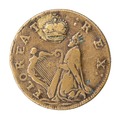
Elsewhere in Scripture, we see that physical warfare often involved spiritual warfare that encompasses singing, praising and worshipping YHVH Elohim resulting in miraculous and divinely orchestrated victory over one’s enemies. Think of the Israelites marching around Jericho (Josh 6), Gideon defeating the Midianites after blowing shofars and lifting up the name of YHVH (Judg 7), or King Jehoshaphat and his armies defeating Judah’s enemies (2 Chron 20). It is important to keep in mind that behind one’s physical enemy are unseen satanic entities against whom the saint must not only defend himself but also fight in the power of Spirit of Elohim (e.g. see 2 Cor 10:4–5 and Eph 6:10–18).
I pray that this encourages someone out there!
What to do when Amalek is attacking you when you’re down
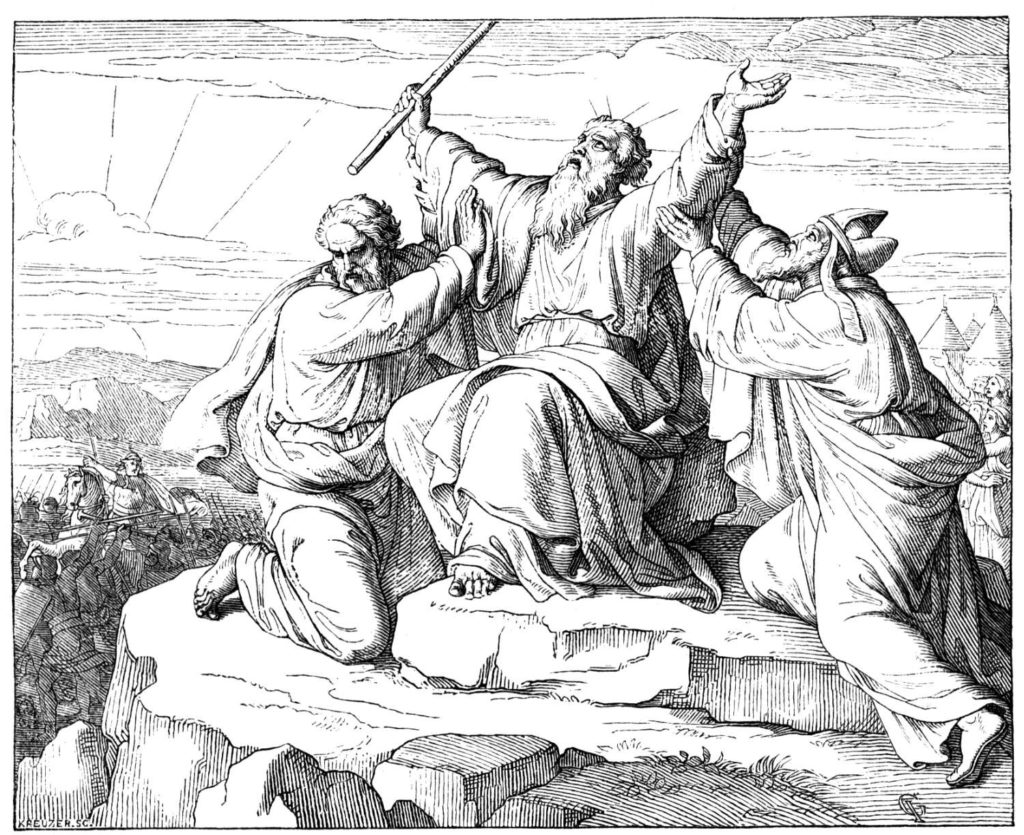
Deuteronomy 25:19, Blot out Amalek.The Hebrew name Amalek literally means “I am king.” Remember how the people of Amalek attacked the children of Israel as they were coming out of Egypt (Exod 17:8)? These heathens attacked the weary, stragglers and weak Israelites who were falling behind in the rear ranks (Deut 25:18). For this evil deed, Elohim put a curse on them.
The Israelites ended up defeating Amalek militarily under the leadership of Moses and Joshua when Moses stood on a hill with his arms outstretched in the form of a cross (Exod 17:10–13). It was at this spot that Israel learned that YHVH Elohim was their spiritual banner (Heb. Yehovah Nissi; Exod 17:15).
There is a spiritual lesson in this story for us today. Amalek is a spiritual picture of the world, the flesh and devil that will attack and try to destroy us spiritually as we’re coming out of our own spiritual Egypt and beginning our trek through the wilderness of life en route to Promised Land of our spiritual inheritance, which is the kingdom of Elohim from heaven.
This reminds us of Yeshua’s Parable of the Sower (Matt 13:3–9) where the good seed of the Word of Elohim was sown on four types of soil. The seed failed to grow in the three types of soil representing the world, the flesh and the devil (Matt 13:18–23). This is another picture of Amalek. What defeated Amalek? Joshua the valiant warrior defeated the Amalekites militarily, while at the same time Moses was perched on a hill overlooking the battlefield with his arms raised to heaven. Both Joshua and Moses are a prophetic picture of Yeshua the Messiah. Joshua’s Hebrew name is Yehoshua, which is the long version of the name Yeshua or Joshua in English.
At the same time, on the mountain Moses’ arms grew tired and had to be supported by Aaron and Hur and in so doing his arms took the form, more or less, of a cross. What are these things a spiritual picture of? Moses and Joshua combined form a prophetic picture of Yeshua defeating the world, the flesh and the devil at the cross on Golgatha’s hill. Coincidentally, as Yeshua had two other men crucified with him—one on each side, Moses had a man each side of him. This is another shadow picture pointing forward to the Messiah and his death on the cross.
Only when Moses’ arms were outstretched and raised up to heaven in openness, surrender and supplication to the Almighty did Joshua experience victory over the Amalekites. Similarly, only through prayer and the intercession with arms open and upraised to heaven as we beseech our Heavenly Father as we come before his throne through the blood of the resurrected Yeshua the Messiah in heaven, who is acting as our Great High Priest before Elohim’s throne will we be able to defeat the spiritual enemies that are attempting to prevent us from entering the Promised Land of our spiritual inheritance.
The enemies of our salvation will attempt to destroy us when are weak, tired and falling behind in our spiritual walk, even as Amalek attacked the weak and straggling Israelites who had fallen behind the camp. However, when we recognize our plight and weakness and then determine to fight, we have Yeshua’s victorious death on the cross as well as his help in heaven to overcome our enemies.
One of YHVH’s covenant names is Yehovah Nissi or YHVH Is My Banner. A military banner is something used to help build the morale of troops during the battle. YHVH is our strength and morale booster in the time of battle, and through or faith in YHVH-Yeshua, we already have the victory over the world, the flesh and the devil!
This lesson illustrates the fact that the Scriptures contain many rich and deep spiritual mysteries and truths that if it weren’t for the physical examples or prophetic shadow-types contained therein they might otherwise be obscured to us and too difficult to comprehend.
How does YHVH fight for us?
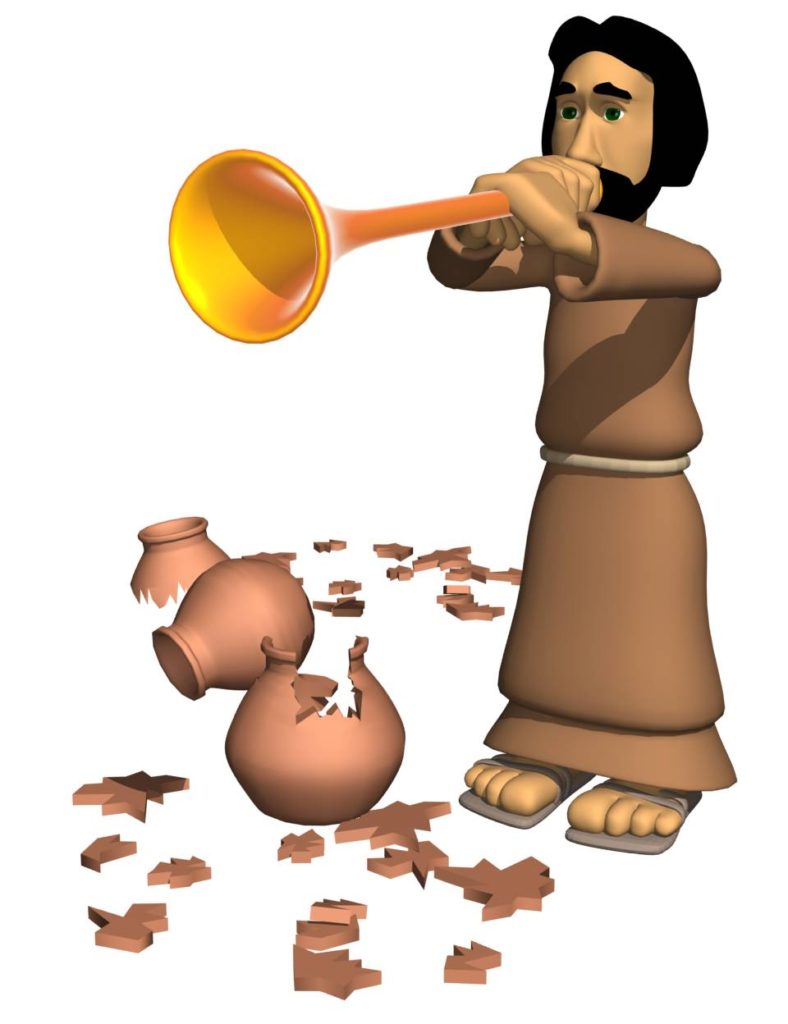
Deuteronomy 1:26–28, Moving forward in the face of obstacles. Many times in our spiritual walk we are just at the point of spiritual breakthrough, but we receive an evil report about some spiritual giants that is blocking our forward movement and our resolve to advance melts. It seems sometimes that if we could just see what the future holds for us that it would be much easier for us to go forward! Yet Yeshua said, Blessed are those who haven’t seen, yet still believe in YHVH’s promises (John 20:29). Do you have what it takes to go on without being deterred by the world, the flesh and the devil? How can one go forward in faith if one cannot see where one is going? It gets down to personal and intimate relationship with your Heavenly Father, through Yeshua. He directs us through his Spirit. Can you hear his voice with your spirit when he tells you, “This is the way, walk you in it,” (Isa 30:21)?
Deuteronomy 1:29, He will fight for you.How does Elohim fight for us? Let’s look at the example of the children of Israel. We can learn a lot from them (1 Cor 10:11). How many examples are there of the Israelites sitting down and doing nothing while YHVH fought for them? Few if any. What then does YHVH require?
We must do our part, and he will do the rest. What is the part we are to do? That depends. Sometimes it depends on what we we’re capable of doing. Often he requires us to come to the end of our resources and abilities, and then he will step in and finish the fight on our behalf to the victorious end. We also have to fight only the battles he has told us to fight.
Sometimes we choose to fight battles he has not instructed us to fight. This was the case with the Israelites who chose to go up and take the Promised Land when YHVH had told them not to do so. As a result of their disobedience, they were defeated (Deut 1:42–45). YHVH will not support his people in a battle he has not sanctioned.
When YHVH tells us to go to battle, we must fight how he tells us to fight, who he tells us to fight, and when he tells us to fight. For example, if the Israelites had gone up against Jericho using conventional warfare tactics, they would have been defeated because that’s not how YHVH instructed them to defeat that city. The same is true of Gideon’s unconventional method of defeating the vast Midianite army with only three hundred soldiers armed with candles in clay jars and shofars.
YHVH will only fight for us when we submit to his battle plans and fight the enemy his way. For example, the Israelites defeated the Amalakites when Moses stood on a hill with his arms outstretched in a cross-like formation. Likewise, they overcame Jericho by marching around it blowing shofars. Gideon used lamps and shofars to defeat the enemy. David used a slingshot and a pebble. Once the Israel defeated their enemy with the help of the ark of covenant, through prayer and praise.
The biblical list of unconventional methods of YHVH’s people defeating their enemies is a long and inspiring one! What can we learn from all of this? For YHVH to fight for us, we must first do things his way so that he’ll fight for us. This means knowing when and who to fight and how to fight. Often we have to wait on YHVH for the answers to these questions even as a military officer has to wait for headquarters to give him his marching orders. Headquarters won’t back or support the soldier who takes matters into his own hands. Conversely, headquarters won’t tolerate a solider who refuses to obey orders. The same is true of YHVH.

